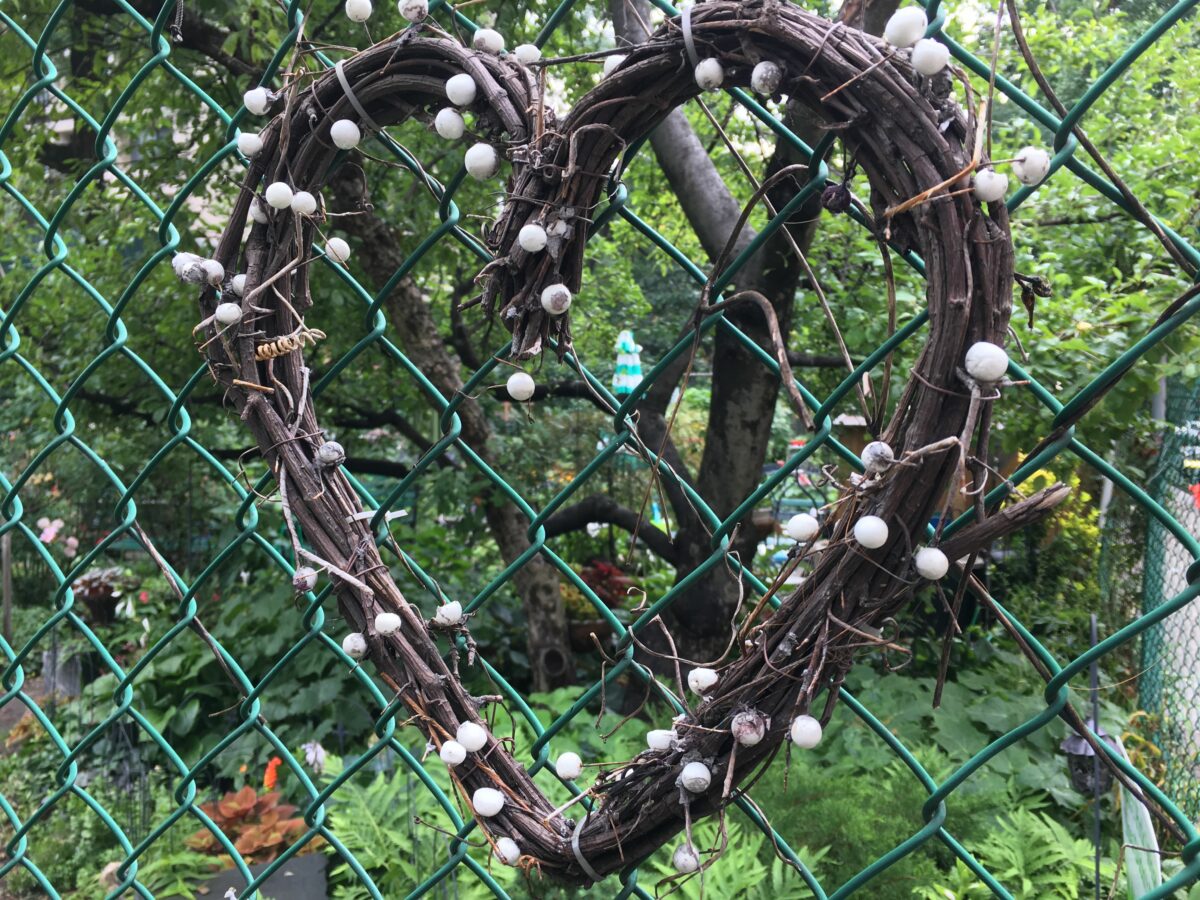September 30, 2022
Save the distraction for when you need it most

There’s a fine line between feeling our feelings and focusing on them.
First of all, it’s always healthy and important to notice and name our emotions. Suppresses them only results in them coming back to haunt us with a vengeance.
Each of us should develop a robust vocabulary of specific, accurate words to describe our current emotional state. Not ambiguous placeholder words people love to use like bored, shitty, fat or weird.
Contrary to popular conditioning, those aren’t feelings, they’re adjectives.
Instead, start with the primary feeling groups like mad, sad, glad and afraid, and then work your way out from there. Then try to expand into more sophisticated and mature emotional territory, perhaps that you’re feeling doubtful, scared, apathetic or furious.
Look, just being able to do those two steps of psychological work is a victory in itself. Most people never even make it that far.
Now, back to the balance between feeling our feelings and focusing on them.
Our emotions are an important and helpful place to visit, but we also don’t want to live there. Once we’ve initially noticed and named and sat with those emotions for a time, it’s helpful to learn how to distract ourselves from them.
That’s a skill too.
It’s funny, you read all of this illuminating research on the digital distraction epidemic. The studies showing about how seventy percent of people are distracted on the job and at home, and how our technology makes us interruptible every second of the day.
These interruptions are jeopardizing our ability to think effectively in this noisy, hyper speed world.
Maybe so, but not all distraction is created equally. Interference isn’t always negative. It all depends on what we’re distracting ourselves from. What feelings we’re afraid to feel.
If we’re anxious because there’s a looming deadline at work and our team is counting on us to deliver, then locking ourselves in the bathroom to watch cat videos on our phone until everyone leaves the office is not a healthy coping mechanism.
It’s the wrong kind of distraction. It probably means we’re afraid to lean into our fear of disappointment, rejection and imperfection, which would actually be quite life giving in that moment.
On the other hand, if we’re feeling heartbroken and helpless because one of our relatives is stuck in the hospital and there’s nothing we can do about it, a little distraction might do us a lot of good.
Pouring ourselves into a creative task in that moment is a probably more useful strategy than focusing on how sad, lonely and angry we are. Giving our minds a chance to focus on and be consumed by something is a smart way to relieve our psychic weight.
Therapists give patients this advice all the time. Distractions are a brilliant tool to help navigate heartbreak, manage grief, overcome anxiety, reduce stress and avoid pain.
My recommendation is, treat it as a game. See how busy you can keep yourself for one day. See how much meaning you can make in the world, rather than monitoring your mood in that world.
Hell, it’s just one day. You can do anything for a day.
This isn’t a long term solution, since you can’t distract yourself forever. But it can provide some relief in the moment.
Remember, there’s a fine line between feeling our feelings and focusing on them.
Save your distraction for when you need it most, and use it wisely.
Is this a moment to focus on your feelings or flee from them?

